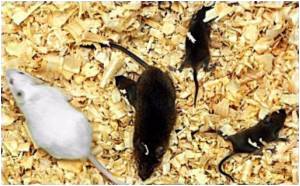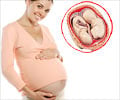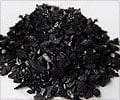
Prof Ana Claudia Zenclussen, who led the research explained, "At the levels used to prevent fetal death we found that inhaled low dose carbon monoxide was anti-inflammatory. It reduced the amount of cell death (apoptosis), and increased levels of the anti-apoptotic molecule BAG-1, in the placenta and additionally increased the level of vascular endothelial growth factor (VEGF), which is associated with angiogenesis and blood vessel repair."
Intrauterine growth restriction is a serious complication of pregnancy. Surviving babies have a lifelong increased risk of hypertension, cardiovascular disease and renal disease. In the face of these fears carbon monoxide therapy may provide a lifeline to mothers at risk. However there is a cautionary note - higher doses of carbon monoxide were able to improve placental function but were damaging to the fetus, shorter treatment at low dose was not enough to prevent fetal death. Prof Zenclussen warned, "It is very important, given the inherent dangers in using carbon monoxide, that the dose and length of treatment are tightly controlled."
Source-Eurekalert










